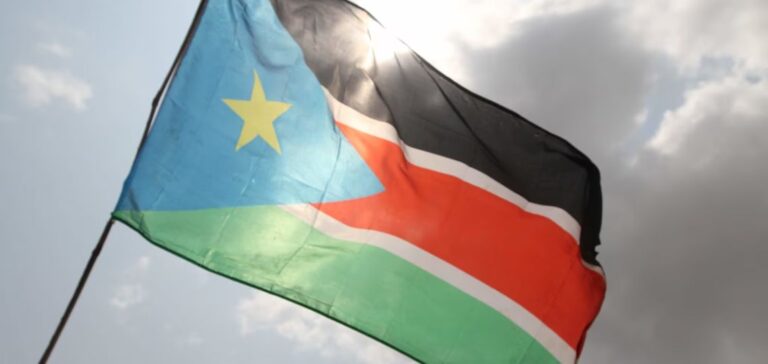South Sudan’s Minister of Petroleum, Puot Kang Chol, was arrested at his home in Juba on the night of March 4-5, 2025. According to his spokesperson, Sirir Gabriel Yiei Ruot, the arrest was carried out by military forces loyal to President Salva Kiir. In addition to Mr. Chol’s arrest, several members of his family and his bodyguards were also apprehended. This arrest comes amid a tense political climate, following months of escalating tensions between Mr. Kiir’s supporters and those of Vice President Riek Machar.
The Political Context in South Sudan
Since gaining independence in 2011, South Sudan has been plagued by persistent political and social instability. Power struggles between President Kiir’s camp and Vice President Machar’s faction have marked the country’s recent history, particularly with the civil war that ravaged the nation from 2013 to 2018. This conflict claimed nearly 400,000 lives and displaced millions of people. While a peace agreement was signed in 2018, its implementation, particularly the formation of a unified army, has not been fully realised, and political tensions continue to shape the country’s landscape.
The Successive Arrests and Escalation of Tensions
Mr. Chol’s arrest is part of a series of repressive actions aimed at Machar’s allies. General Gabriel Duop Lam, another close ally of Mr. Machar and the second-in-command of the regular army, was arrested the day before. According to opposition sources, Mr. Machar’s house was also surrounded by forces loyal to President Kiir. The deterioration of security, particularly in the Upper Nile State in the country’s northeast, is causing growing concern among international observers.
International Reactions and Fears of Widespread Violence
At the end of February 2025, several international organisations, including the African Union Mission in South Sudan (MUASS), the Intergovernmental Authority on Development (Igad), and the United Nations Mission in South Sudan (Minuss), expressed strong concerns over the deteriorating security situation in the country. In a statement, these organisations called for a de-escalation of tensions to avoid the risk of “widespread violence,” particularly in the northern part of the country. The unstable political and military climate threatens the fragile peace established by the 2018 agreement, and the recent arrests are likely to worsen the situation.






















